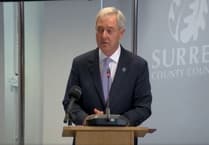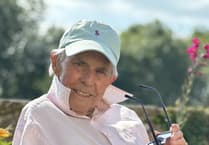More than half of LGBT+ veterinary professionals and students have faced or witnessed discrimination – from subtle microaggressions to threats of violence – according to new research.
The study, conducted by the University of Surrey and the Royal Veterinary College and published in Vet Record, analysed 130 survey responses and found that 55.4 per cent of participants reported experiencing or witnessing discriminatory behaviour. This number highlights a concerning problem for LGBT+ veterinary professionals and students and a call to action for profession to collectively work to ensure everyone can work free from discriminatory behaviour.
The survey also revealed that over half of respondents were not fully “out” at their workplace or place of study, with many citing fears of negative repercussions on career progression or educational attainment. Researchers noted that this fear can lead to stress, anxiety and a sense of disconnection from colleagues.
Encouragingly, those who were fully open about their identities were more likely to report feeling supported at work and within the wider veterinary community.
Dr Charlotte S. McCarroll, Associate Head of School (Education) at the University of Surrey, said “For our LGBT+ family, friends and colleagues, discrimination remains a pressing issue within the UK veterinary profession. More needs to be done by our institutions for these individuals to feel supported, including increasing and promoting support networks, improving education and training on anti-discrimination laws, and firmly promoting equality, diversity and inclusion initiatives.”
Dr Mat Hennessey, post-doctoral researcher in veterinary social science at the Royal Veterinary College, added: “Creating environments where people can be their authentic selves without fear of discrimination is a team effort requiring both institutional support for EDI initiatives and active engagement with the wider community.”
Peter Heather MRCVS, President of BVLGBT+, said the profession must remain committed to allyship and education to ensure workplaces where “people can just be themselves.”





Comments
This article has no comments yet. Be the first to leave a comment.